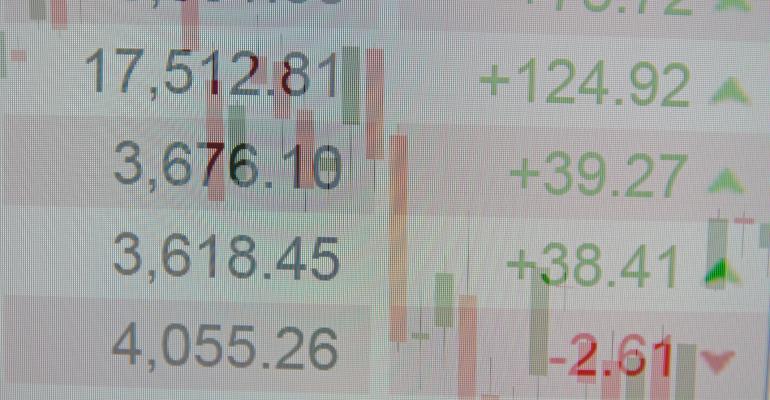ETFs almost certainly have a role to play in tax loss harvesting, as the broad range of funds now on offer should make it at least theoretically possible to take advantage of any losses you may have in a fund or funds (or an individual stock) and still maintain a reasonably similar, though not identical, allocation of assets across your portfolio.
As always, the key issue is the “wash-sale rule.” As defined by the Internal Revenue Service (IRS), the wash-sale rule says that an investor can’t deduct a loss in one security if he or she then buys a “substantially identical” security within the next 30 days. While the exact meaning of substantially identical is a perennial topic of debate, there are at least some bright lines.
For example, selling one Japan fund and buying another is almost certainly out. Buying and selling an S&P 500 fund from two different sponsors isn’t likely to fly, either. However, if an investor’s goal is to maintain exposure to certain geographies – developed Asia, say – there are ETFs that would allow you to gain exposure to the broader region that would include positions in Japan.
(Let’s pause here for a word from our attorneys: everyone’s situation is different; you should consult a tax professional before making any decisions regarding tax loss harvesting and your portfolio.)
As was noted in a recent Barron’s column, there are a couple of other options that are likely to also pass muster: one is moving from an actively managed fund into an ETF; the other is to swap a specific stock for an ETF that focuses on the same sector of the economy. None of these are perfect solutions but if they were, they would fail the “substantially identical” test. But they do allow an investor to book a loss, or to offset a gain, without overly disrupting an overall investment strategy.
It’s been one of those years for the market, and at the moment it looks like the volatility is going to persist at least until the Fed makes up its mind on rates. Depending on timing and sector exposure, an investor could have generated big gains, big losses, or anything in between. For many, tax loss harvesting is going to be top mind. With ETFs continuing to evolve to play a wide range of strategies in a portfolio, it’s worth considering how they might help here, too.
Adam Patti is the CEO of IndexIQ.





